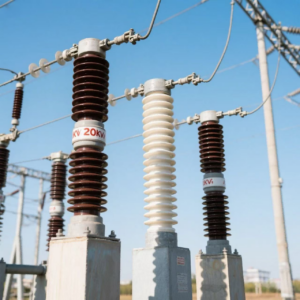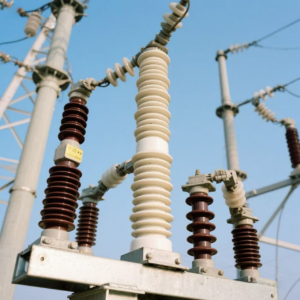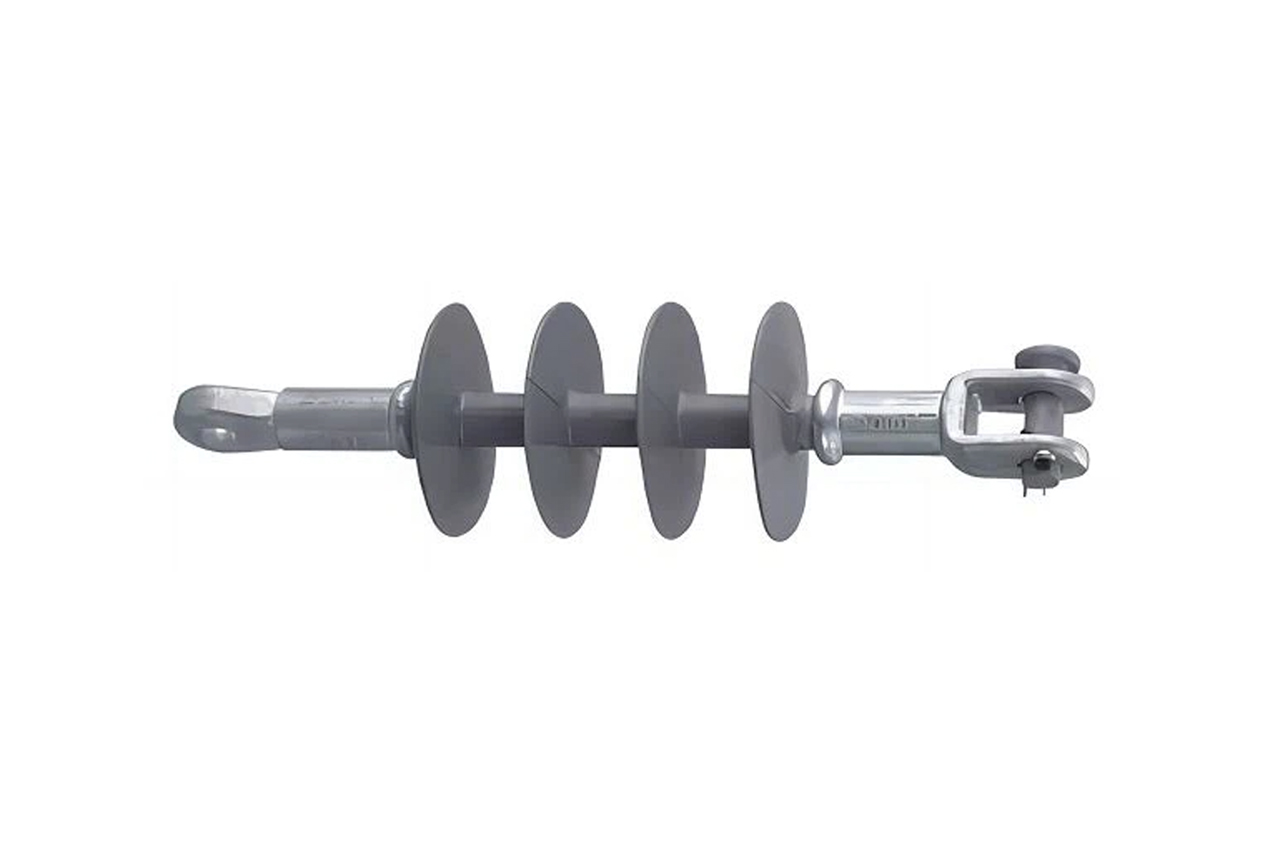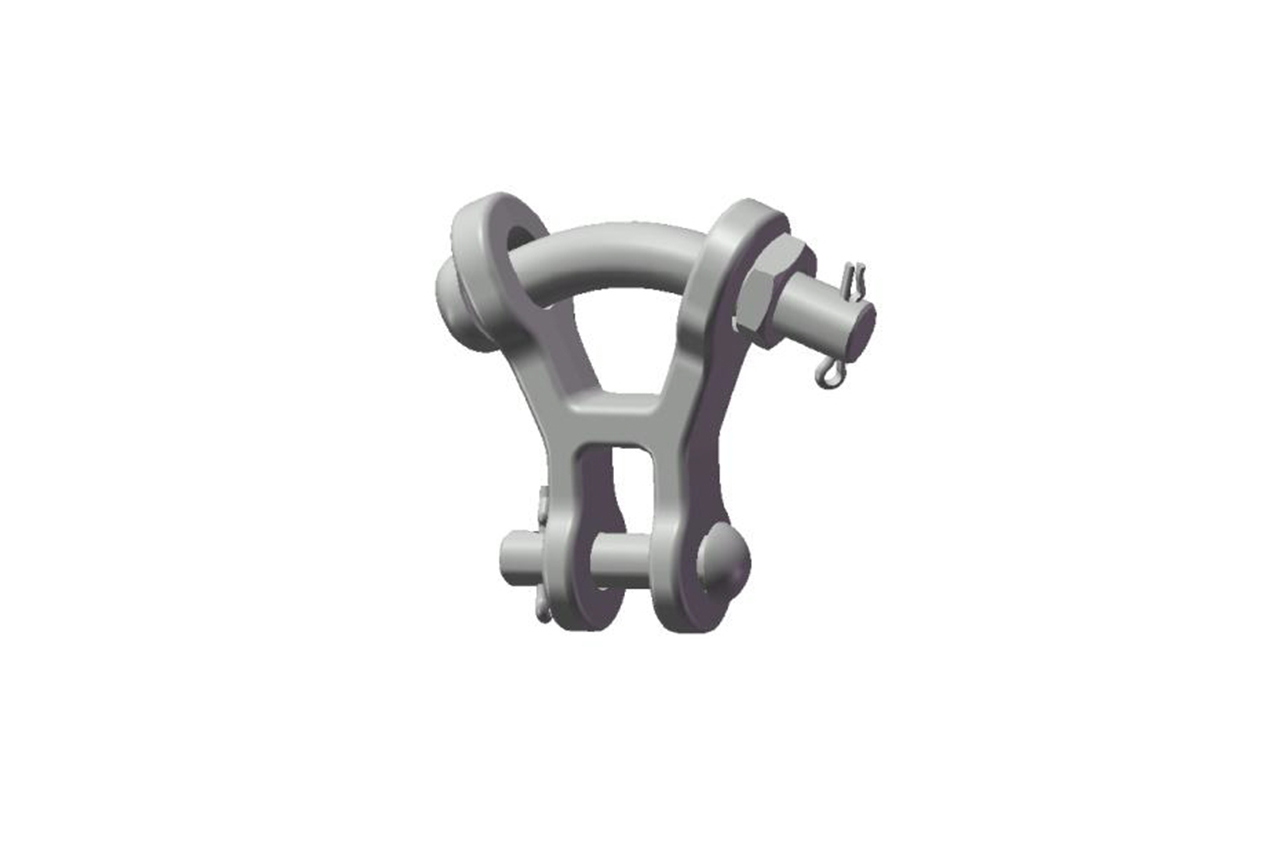As a supplier of 20kV composite post insulators, I’ll clarify this key electrical parameter while adhering to international standards.
1. Definition & Significance
Power-frequency withstand voltage is the maximum AC voltage (50/60 Hz) an insulator can endure for 1 minute without breakdown or flashover.
It validates insulation integrity under transient overvoltages (e.g., switching surges, temporary faults).
2. Standard Values for 20kV Insulators
- Typical range: 50 kV to 70 kV (1-minute dry test).
- Common specification: 60 kV (aligned with IEC 62231 for 20kV systems).
- Wet test conditions may reduce this value by 10–15%.
3. Design & Material Assurance
- Core: Epoxy-impregnated fiberglass rod (mechanical strength >100 MPa).
- Housing: Hydrophobic silicone rubber:
- Prevents surface tracking during wet tests.
- Maintains dielectric strength >20 kV/mm.
Joint Sealing: Triple-seal interfaces block moisture ingress.
4. Testing Protocol
- Per IEC 62772:2016:
- Voltage applied between conductor and base for 60 seconds.
- No flashover/leakage current exceeding 1 mA.
- Post-test inspection for partial discharge damage.
Comparison with Higher-Voltage Insulators
Insulator Voltage | Withstand Voltage (1-min AC) |
20kV | 50–70 kV |
40.5kV | 95–110 kV |
69kV | 160–180 kV |
126kV | 265–325 kV |
Why This Matters
Ensures resilience against grid disturbances (e.g., transformer switching, lightning-induced surges).
Prevents outages caused by insulation failure.
Our Compliance Assurance
- All 20kV units undergo:
- Routine factory tests per IEC 62231.
- 100% high-voltage withstand verification.
- Optional pollution-layer simulations for coastal/industrial sites.
Conclusion
For 20kV composite post insulators, 60 kV is the typical power-frequency withstand voltage—validated by materials, design, and IEC testing. This ensures reliability in 20kV distribution networks under transient overvoltages.
References
- IEC 62772:2016 (Composite Insulator Test Methods)
- IEC 62231:2018 (Composite Station Post Insulators)
- Insulation Coordination for Power Systems(Grigsby, L.L.)
- IEEE Std 4-2013 (High-Voltage Testing Techniques)






